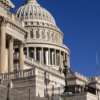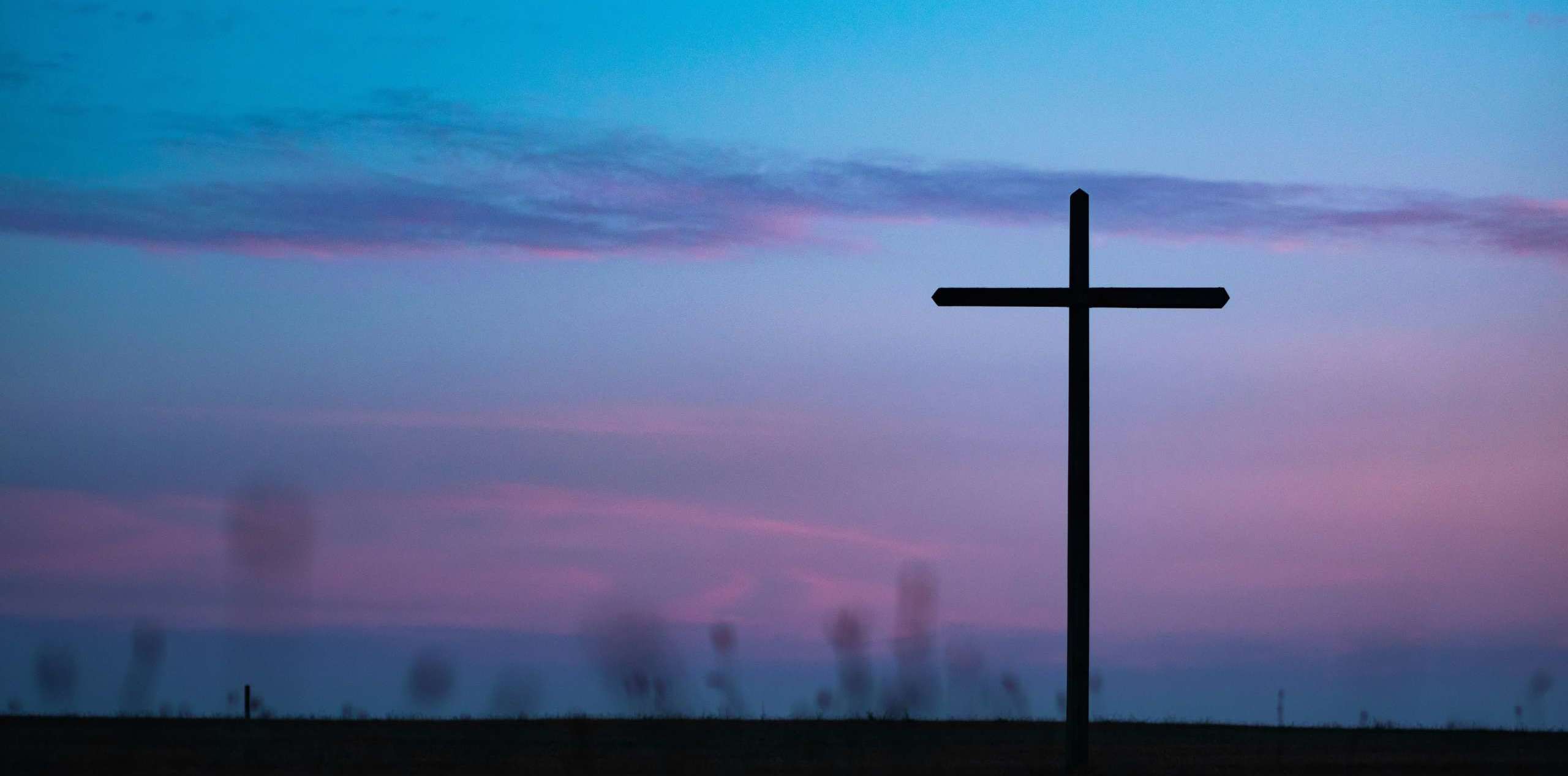“Two Catholic preschools in suburban Denver . . . want exemptions from state non-discrimination rules based on sexual orientation and gender identity,” and still be eligible for tax funding, as Ann Schimke writes for Chalkbeat. And Busy Bees Preschool, an “evangelical Christian school in the southern Colorado town of Buena Vista sued the state” over “concerns about hiring LGBTQ employees.” Meanwhile, The Rock church in Colorado Springs wants exemptions from zoning ordinances allowing them to set up on-site temporary housing, under a federal law that “bars governments from imposing land use regulations that put a substantial burden on religious exercise without a compelling reason for doing so,” reports the Associated Press.
Here I am not going to address the broader questions of whether or how government should fund private preschools, whether government should impose non-discrimination laws or offer exemptions to them, or what is the proper scope of zoning laws. I am instead going to address only the relatively narrow issue of whether government should offer specifically religious exemptions to laws. Two overriding arguments support the case that government should not.
First, when government offers religious exemptions, it treats people differently based on their beliefs, which inherently violates the Fourteenth Amendment’s equal protection clause. In the U.S. today, around 28% of people say they are religiously unaffiliated, 5% say they are atheists, and 9% say they “don’t believe in God or a higher power,” Pew reports. However, social psychologist Will Gervais thinks that people often downplay their atheism in surveys; he thinks (based on research of a few years ago) that “around 26% of Americans don’t believe in God.” Regardless of the exact numbers, giving religious people exemptions to various laws effectively treats other people as second-class citizens. That is morally wrong and a flagrant violation of the Constitution.
Second, when government offers religious exemptions, it “establishes” religion in direct violation of the First Amendment. This is a controversial point. Conservative legal scholar Robert Natelson, for example, argues that, under the First Amendment, “Government may still prefer (or disfavor) religion in general,” just not one particular religion over another. But, as I reply, such an interpretation assigns government the task of defining what counts as a religious belief—not as obvious as some might presume—and favors religious beliefs over other beliefs. The broader principle at stake is freedom of conscience, which government violates when it favors certain kinds of beliefs (religious ones) and related practices.
Progressives and others on the left who want to maintain the legal wall between church and state can find perhaps surprising allies in the authors of a new book from the Ayn Rand Institute on the First Amendment (parts of which also are published elsewhere). Yes, that Ayn Rand, the “goddess of the market” whom progressives usually love to hate. But stick with me.
In her preface, philosopher Tara Smith warns that “the foundations of the First Amendment are being steadily eroded. Under misguided notions of religious liberty, for instance, people demand special legal exemptions that chisel away at the wall between church and state.”
In her paper, “Religious Liberty or Religious License?,” republished in the book, Smith further argues: “Far from impartially treating like cases alike, a regime that grants exemptions anoints the legal equivalent of teachers’ pets and treats the non-religious as second class citizens: while they are compelled to obey the law, the religious are permitted to break laws otherwise thought to be perfectly appropriate, by the lights of the legal system. Religion tickets a person to a free-ride—permission to defy the safety regulations, ignore the zoning restrictions, discriminate against women, etc., without liability to the legal restrictions that everyone else is accountable to.”
Smith concludes, “On a proper interpretation of the First Amendment’s Establishment Clause, what is disallowed is government favoring religiously motivated activities, its bestowing special assistance on the people engaged in them. . . . the First Amendment denies, namely, that the government should lavish legal advantages on religious citizens by virtue of their religion.”
Obviously, I think Smith is right about all this. If a law is worth passing and enforcing, it is worth enforcing universally. If an exemption is warranted for a religious person, then the law should not be passed in the first place. The creation of a caste system, in which government in effect recognizes greater rights for religious people, is profoundly unjust and profoundly anti-American.





